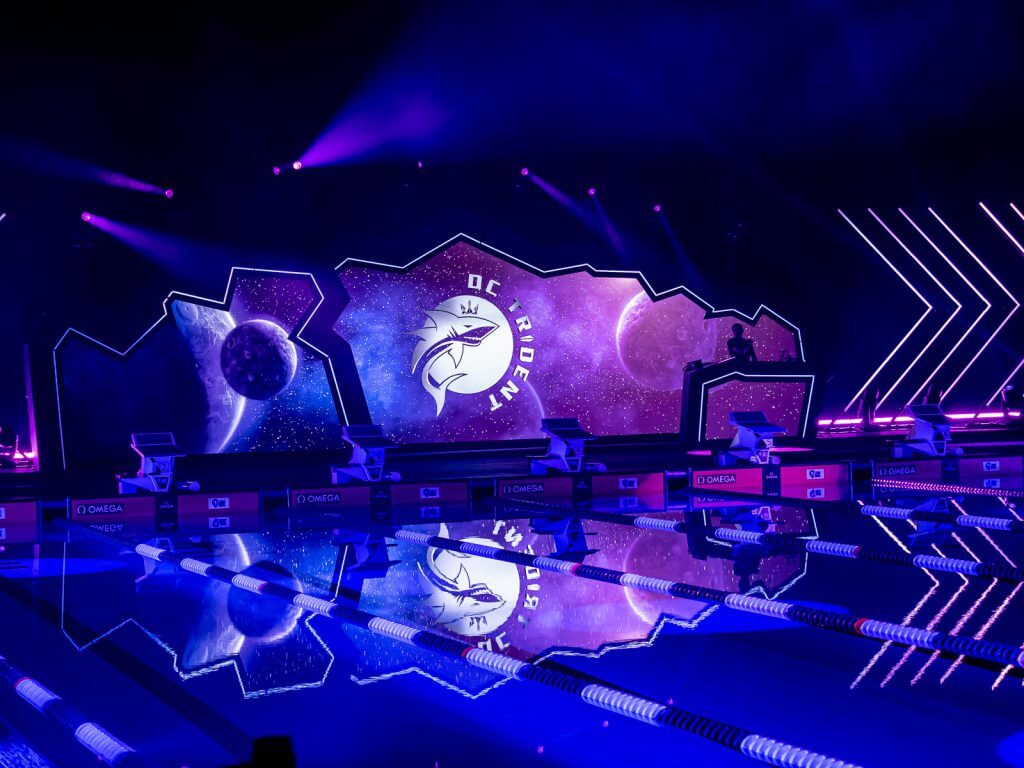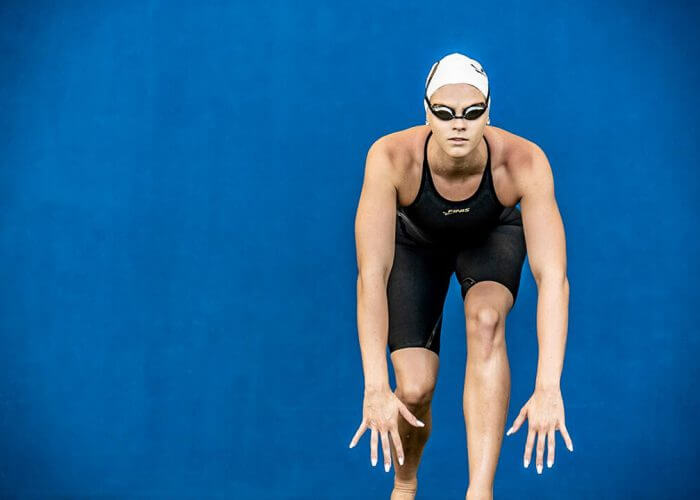Russian Swimmers With No Taint Of Doping Free To Race On In The Swim League

Russia’s swimmers have been given a green light to continue to race in the International Swimming League (ISL) provided that they have no doping penalty against their name.
Sun Yang, Yuliya Efimova, Shayna Jack, Gabriel Santos and others are barred from the ISL, which has a “zero-tolerance”, one-strike-and-you’re-out policy on doping. That policy has widespread support among many of the world’s top swimmers.
Russia was today handed a four-year ban from major international competition by the World Anti-Doping Agency as recommended by its Compliance Review Committee in the wake of revelations that Russian authorities had covered up positive drug tests and manipulated thousands of pieces of evidence of problem test results in an effort to keep the information from WADA.
The United States Anti-Doping Agency (USADA) was among those today that attacked the WADA four-year ban because it will not keep Russian athletes out of Tokyo 2020 if they can “demonstrably” proof their innocence, a repeat of a compromise reached for Rio 2016 that left every swimmer towing a doping record in the pool.
WADA’s ban on a nation with a chequered history in swimming to go alongside an appalling doping record in general bars the Russian flag from being flown and anthem from being heard even among those athletes who ‘prove’ innocence.
The ISL, however, has no national flags, symbols or anthems. Each Pro-Team has a mixture of swimmers from several nations, each swimmer swims for their team, points and prize money that constitutes a wage for their work.
The Australian Daily Telegraph contacted Konstantin Grigorishin, the Ukraine billionaire founder and funder of the ISL, asking if he would extend his hard line win dropping to Russians.
“If they don’t have doping cases they can join us,” Grigorishin told reporter Julian Linden.
“This is our position from the beginning. We are working with anti-doping, we can work with some governing bodies and institutions but we are working directly with athletes. For us they are human beings, they are not representatives of nations or companies.”
Jack and Santos were removed from ISL teams before the start of the inaugural season after they tested positive for banned substances. Both are appealing their cases.
Santos’ hearing came up at the Court of Arbitration for Sport today, the verdict pending on whether a 12-month ban after a positive test for an anabolic steroid will stand.

Shayna Jack; Photo Courtesy: FINIS
Jack tested positive for Ligandrol before the world championships in Gwangju in July and was sent home from the global showcase before racing began. Her case is still pending, coach Dean Boxall expressing to Swimming World’s Ian Hanson last week his frustration with the length of time the process is taking.
There are eight Russians in the ISL, including world champions Anton Chupkov and Evgeny Rylov and Vladimir Morozov, the seven-times gold-medal winner at the European Championships that ended in Glasgow on Sunday evening.
Morozov was initially barred from the Rio 2016 Olympic Games after his name was linked to problem tests in the McLaren Report for WADA. He was readmitted after legal challenge. It is not yet clear whether his case remains among those “pending” in WADA’s vastest action.
Grigorishin said he saw no reason to ban swimmers based on their nationality:
“We are not working with national federations, we have some competition but we are working with individual athletes so that’s a different approach. If they are clean, if they are a good person, it doesn’t matter if they are Russians, Americans or Chinese, but we have our rules. But if you have a doping case, even if you are allowed to be part of the Olympics, you’re not allowed to be part of ISL.”




